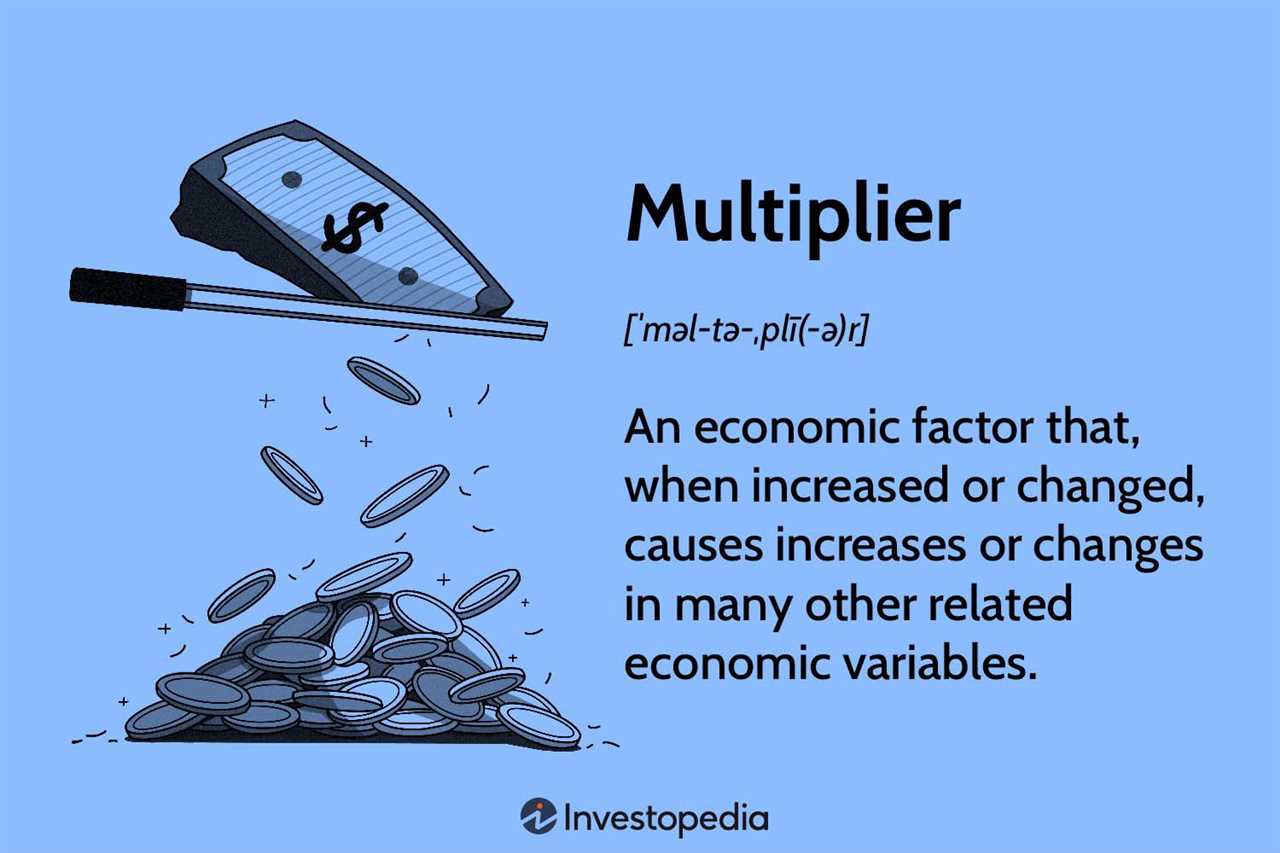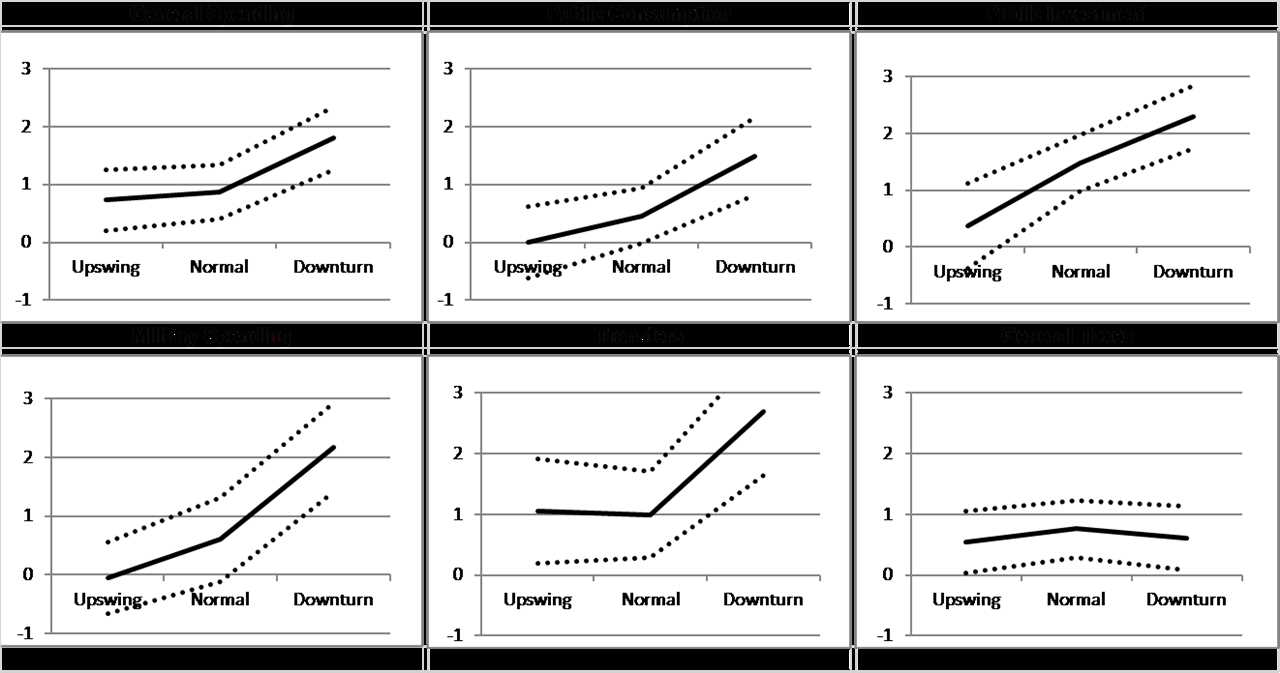Definition of Fiscal Multiplier

The fiscal multiplier is a concept in macroeconomics that measures the impact of changes in government spending or taxation on the overall economy. It represents the ratio of the change in national income to the change in government spending or taxation. In other words, it quantifies how much a change in fiscal policy affects the level of economic activity.
The fiscal multiplier is based on the idea that changes in government spending or taxation can have a multiplier effect on the economy. When the government increases its spending, it injects money into the economy, which leads to increased consumption and investment. This, in turn, generates additional income for businesses and individuals, creating a positive feedback loop. Conversely, when the government reduces its spending or increases taxes, it takes money out of the economy, which can lead to a decrease in consumption and investment.
The fiscal multiplier is an important tool for policymakers as it helps them understand the potential impact of fiscal policy changes on the economy. By calculating the fiscal multiplier, policymakers can estimate how much economic activity will be generated or lost as a result of their policy decisions. This information is crucial for making informed decisions about government spending and taxation, as it allows policymakers to assess the potential benefits and drawbacks of different policy options.
Formula for Calculating Fiscal Multiplier

The fiscal multiplier is a measure of the impact of government spending or tax changes on the overall economy. It helps economists understand how changes in fiscal policy can affect economic output.
The formula for calculating the fiscal multiplier is:
| Fiscal Multiplier = ΔY / ΔG |
Where:
- ΔY is the change in real GDP (gross domestic product)
- ΔG is the change in government spending
The fiscal multiplier represents the ratio of the change in GDP to the change in government spending. It measures how much additional output is generated for each unit of government spending.
For example, let’s say the government increases spending by $100 billion, and as a result, the real GDP increases by $200 billion. Using the formula, we can calculate the fiscal multiplier:
| Fiscal Multiplier = $200 billion / $100 billion |
| Fiscal Multiplier = 2 |
The fiscal multiplier can also be used to calculate the impact of changes in taxes on the economy. Instead of ΔG, the formula would use ΔT for the change in taxes.
Example of Fiscal Multiplier in Macroeconomics
In macroeconomics, the fiscal multiplier is a measure of how changes in government spending or taxation affect the overall economy. It helps economists understand the impact of fiscal policy on economic growth and stability.
Let’s consider an example to illustrate the concept of the fiscal multiplier. Suppose the government decides to increase its spending on infrastructure projects by $1 billion. This increase in government spending will have a ripple effect on the economy.
First, the government will hire construction companies and workers to carry out the infrastructure projects. This will create jobs and increase income for the workers. The workers, in turn, will spend their income on goods and services, stimulating demand in the economy.
As a result of the increased demand, businesses will experience higher sales and profits. To meet the increased demand, businesses may need to hire more workers and invest in expanding their production capacity. This will further boost employment and income in the economy.

Emily Bibb simplifies finance through bestselling books and articles, bridging complex concepts for everyday understanding. Engaging audiences via social media, she shares insights for financial success. Active in seminars and philanthropy, Bibb aims to create a more financially informed society, driven by her passion for empowering others.
